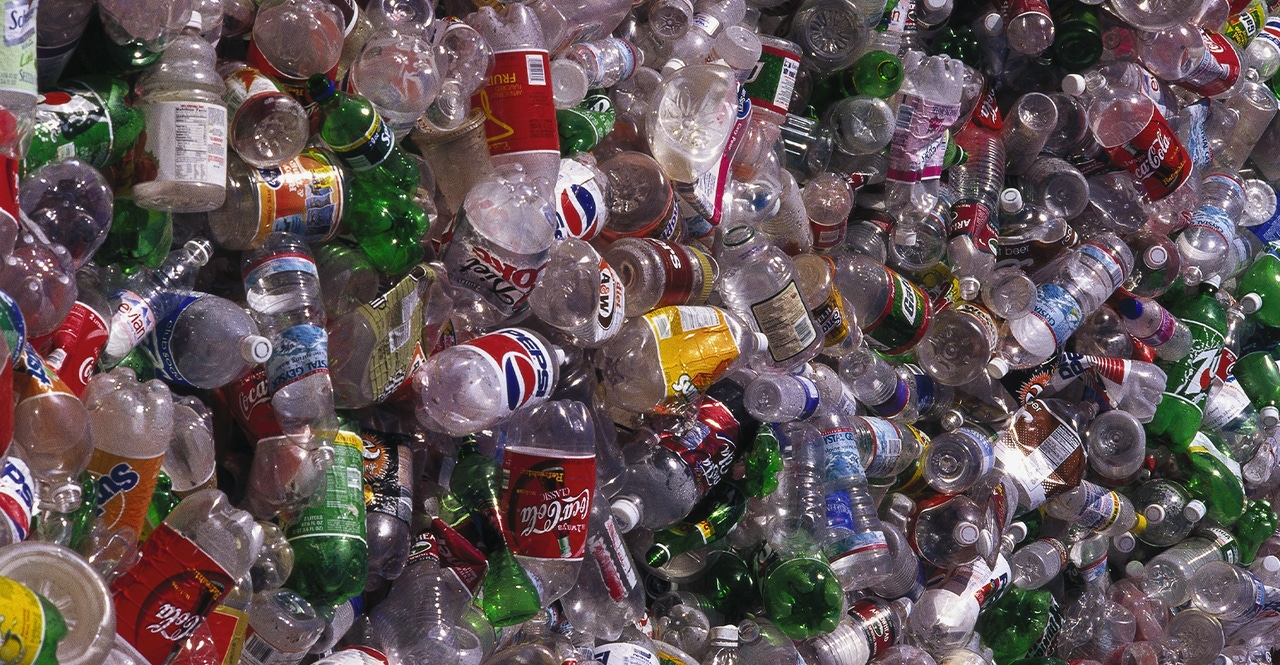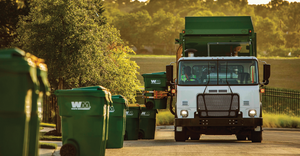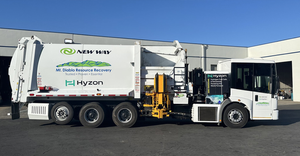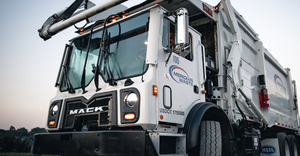Why Dow is Getting Behind Hybrid Mechanical and Chemical Recycling Plants
Debates continue over what place that mechanical and chemical recycling technologies have in the industry. While the former mechanically crushes or shreds plastic and reforms it into secondary products, the latter chemically breaks plastic down into its building blocks, acclaimed to make virgin-like polymers of a higher quality from hard-to-recycle plastics.

Debates continue over what place that mechanical and chemical recycling technologies have in the industry. While the former mechanically crushes or shreds plastic and reforms it into secondary products, the latter chemically breaks plastic down into its building blocks, acclaimed to make virgin-like polymers of a higher quality from hard-to-recycle plastics.
Is one of the two technology types better than the other? Is chemical, with nowhere near the market maturity, attempting to edge out long-standing mechanical technologies? Or can these systems and processes co-exist, each with their own beneficial capabilities?
Chemical company Dow, embracing the latter belief, has become the first off-taker of a hybrid mechanical and advanced recycling plant to launch in Damazan, France. Owned and operated by Valoregen, it will produce 15,000 tons of postconsumer resin (PCR) through mechanical recycling during the initial phase, expected to start in Q2 2023. The eventual goal is to leverage both mechanical and chemical technologies to process 70,000 tons of waste per year.
“Some in the industry believe that mechanical and advanced (chemical) recycling are competing. But our view is that the two are complementary. The fact that both of these technologies will be under one roof is what interested us in Valoregen’s plant,” says Fabrice Digonnet, mechanical recycling strategy leader for Dow Packaging & Specialty Plastics. Besides the technological set up, the geographical region was right too, as Dow has committed to incorporate at least 100,000 tons of recycled material into its compounds sold in the E.U. by 2025.
The plan is to tap into this hybrid site to develop new plastic products under Dow’s REVOLOOP line for plastic packaging applications.
The Valoregen plant should enable a yield greater than 80 percent, while conventional mechanical recycling alone achieves 60 to 70 percent yield, says Thierry Perez, Valoregen president and founder. He believes he will hit that 80 percent mark with the hybrid set up, leveraging mechanical recycling with high-quality material while capturing what mechanical can’t process rather than landfill or burn it, and avoiding downcycling film PCR when possible.
What Valoregen describes as programmed, “smart sorting” will route the cleaner, transparent, and higher-quality fraction for mechanical processing and send the more contaminated, colored material to the chemical operation.
“You do not want to send high-quality material into advanced recycling. And this is what the sorting technology is about. It enables allocation of materials to the most fitting location,” Digonnet says.
The sorting system’s adaptability to flexible films is acclaimed as unique (though this capability is still being optimized), affording more capabilities than conventional optical sorting in that, unlike optical sensors, the system is well tuned to detect more complex laminate structures such as pouches.
The plant will have a closed loop system to recycle and circulate water, with near-zero reject water. And it has been engineered to enable energy produced from one process to power another process.
Dow’s investment in this facility – the corporation would not disclose dollars– is one of multiple recent ventures aiming to address plastic waste. Dow has spent $50M in impact funds, recycling infrastructure, and recycling technologies around the globe in the past two years. Recently entering an agreement with Mura Technology to build “advanced” recycling facilities in the U.S. and Europe that will reportedly collectively have up to 600,000 metric tons of annual capacity by 2030. Dow plans to build a similar plant with Nexus Circular in Dallas, TX reportedly with 26,000 metric tons of processing capacity.
The mega chemical corporation set its sites on France and the Valoregen project as it watches the region’s evolving policies to clamp down on plastic trash. The French government set a goal for a 100 percent reduction in “unnecessary” plastics by the end of 2025– an aggressive target considering that it recycles about 26 percent of the 4.5 million tons of primary plastic it consumes each year.
And the E.U.’s European Green Deal calls for incorporating more than 30 percent recycled plastics in packaging by 2030.
“With those two mandates, upgraded recycling has to become a reality,” Digonnet says.
Speaking of the E.U.’s 30 percent target, he comments, “If you think of this recycling mandate for packaging, it means virgin plastic will lose 30 percent of share. We want to be sure Dow is not left out [of potential opportunity arising from the transition]. So, we participate in providing circularity solutions.”
Globally, Dow has committed to collecting, reusing, and or recycling one million metric tons of plastic by 2030.
“We will need investments like the one we made in Valoregen to achieve this,” Digonnet says.
The vision for the plant in France began taking shape three years ago; Digonnet and Perez describe what’s transpired since as a “huge collaboration” between multiple partners to reach the current level of maturity.
There were three major challenges. The first was securing authorization to build the plant, a two-year process culminating with ICPE (Installation Classified for the Protection of the Environment) approval in 2021; ICPE-classified sites must be managed in certain ways to ensure environmental and public health protections.
There was more to wrestle with during COVID’s rise. Investors hesitate to put money into technologies that need to be proven when the market is collapsing.
Once the pandemic was losing some momentum came challenges associated with greater awareness around the impact of climate change and, with that, more recycling mandates and goals.
Working to set up a plant in this evolving environment requires special considerations to be sure you align with customer expectations, the market, and policy, Digonnet says.
“Developing the [hybrid plant] is an adventure that Valoregen, we, and other investors went on together, and there were times where we were not sure it would continue,” he recalls.
“What I say after this experience is a project needs to die three times to survive. But we have stayed resilient. We said this is a vision we want, and we will do it.”
About the Author
You May Also Like




